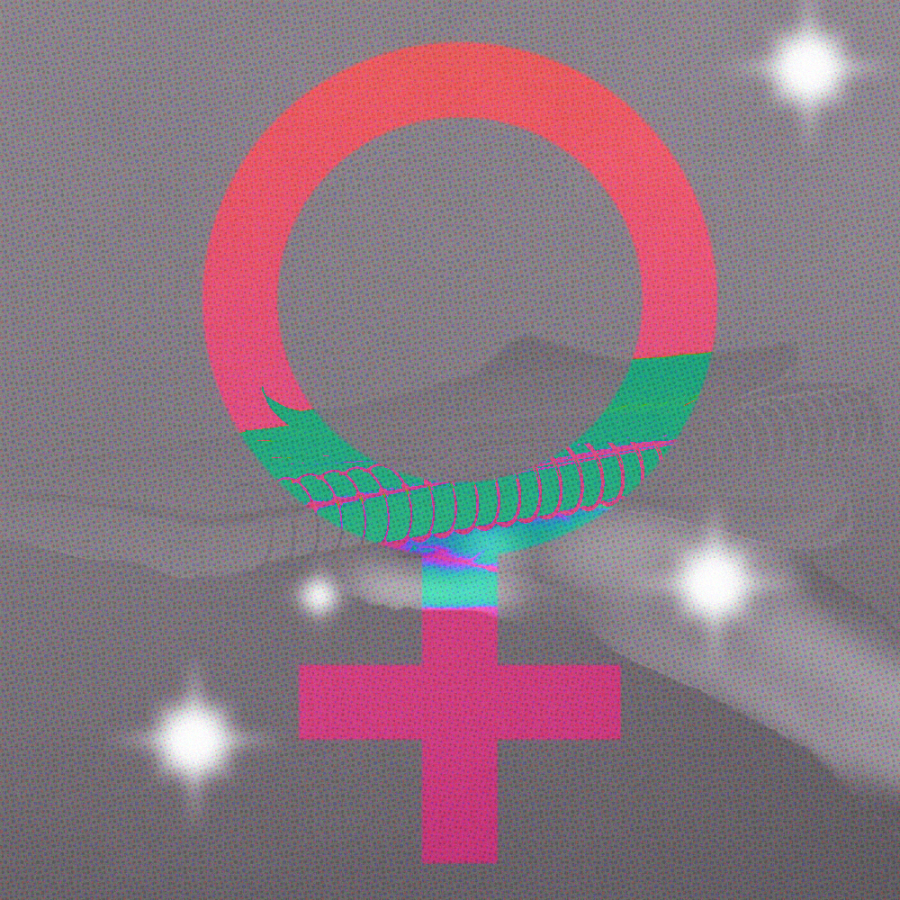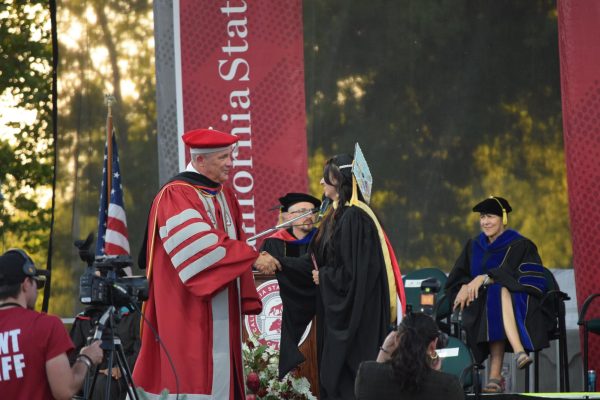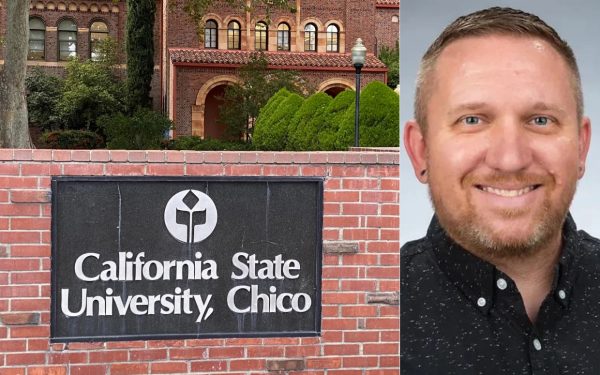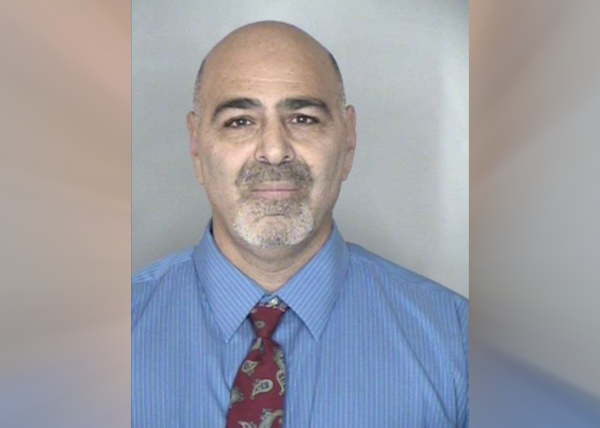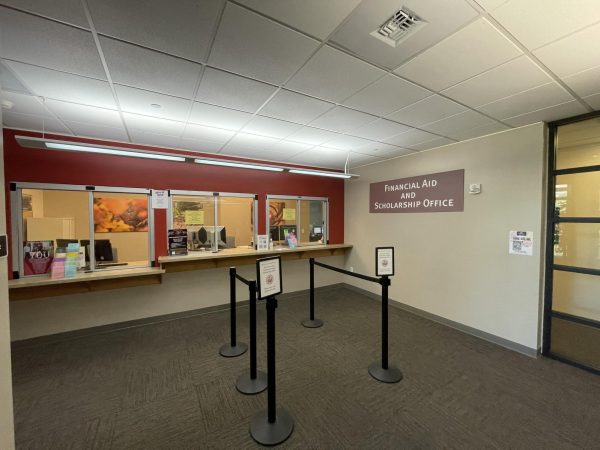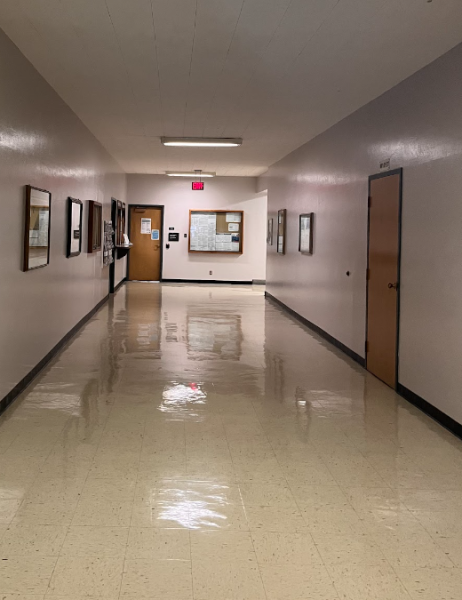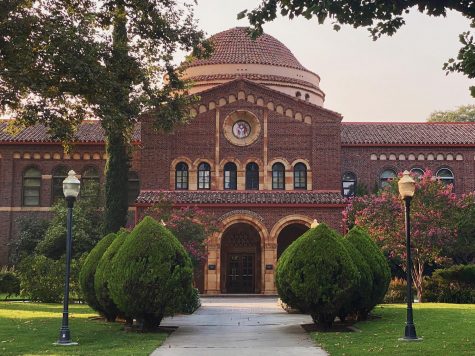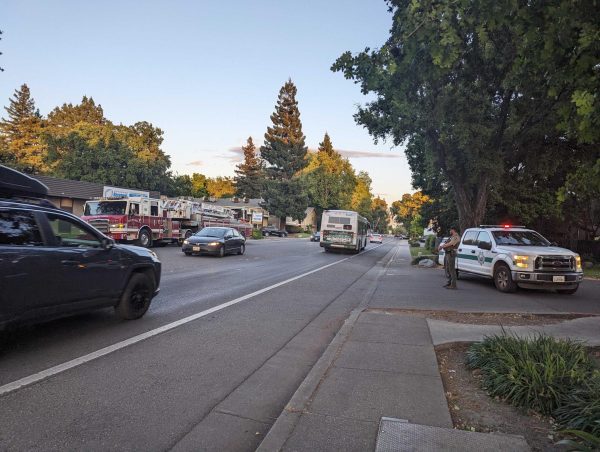Shattering the glass ceiling: Women’s Month at Chico State
Women’s History Month graphic by Jolie Asuncion
On a campus where half of the student body identifies as women, Chico State recognizes and facilitates events to celebrate women and their experiences, including programs that connect women and provide resources to female students.
March is Women’s History Month, which celebrates the achievements and contributions of women. Chico State has an office on campus dedicated to providing resources to women and other gender identities, while harboring a safe space for anyone that may need it.
The Gender & Sexuality Equity Coalition is a student-run activist organization that offers an inclusive space for students and educates the community on queer, women’s and trans issues.
GSEC’s activist work comes in the form of events, providing resources to people with different identities and community outreach such as their podcast, “GSEC’s G-Spot.”
Alysa Cringle oversees the podcast and said the goal is to identify and strengthen inter-community issues. The podcast discusses topics related to human experiences that society views as taboo and destigmatize them. Other offices and organizations on campus also collaborate with GSEC on episodes.
“It’s centered around supporting other Chico-wide and campus-wide organizations and issues,” Cringle said.
“Feminist Friday” is a bi-monthly event hosted by GSEC that brings awareness to the women’s program and aims for campus engagement. During one “Feminist Friday,” the office created earrings depicting various female anatomical parts as a way to normalize, empower and desexualize the human body.
Chico State claims to be an inclusive and diverse campus. One program coordinator, Christina Jiminez, feels that GSEC continuously works to strive to achieve that.
“We’re trying to make sure that we have an inclusive space that provides a safe place for women and other people to be more gender-inclusive …,” Jimenez said. “We want to take into consideration other women’s lived experiences.”
GSEC will celebrate its 50th anniversary of being on campus in the fall.
Women of Excellence is an academic retention program offered by the university that promotes diversity, knowledge, empowerment and leadership within the underrepresented women of color community. Career workshops and speaking engagements are available to members enrolled through the multicultural and gender studies (MCGS) class, “Learning from Women of Color in Leadership.”
Events hosted by “Women of Excellence” include a mixer in early March for professional development, self-marketing and career readiness and forest therapy to promote mindfulness and mental health on May 7. There will be other events throughout the spring semester as well.
Another program offered by the Regional and Continuing Education branch of Chico State, in partnership with Zschool, is Women in Leadership. The program addresses the struggles women face in the workplace and offers the connection for members to support each other. The eight-week, online, self-paced professional development class consists of modules that educate members on feeling comfortable in their careers, growing professional development and balancing work life and health.
This program is significant because historically — and even in modern times— the workplace can be a toxic environment for minorities and women. This is because the majority of the labor force consisted of men until the 1930s. World War II forced a surge of women into the workforce to support themselves and their families. After the war ended, women returned to being homemakers and the men went back to work.
The feminist movement of the 1960s resulted in a sizeable growth of women in the workplace. This societal change faced much resistance, which resulted in the problems that women continue to face today, including the wage gap.
Chico State’s MCGS will host its sixth annual Women of Wisdom storytelling night, an event that highlights the accomplishments of Native American women on April 1 at Bell Memorial Union. This event allows the audience to gain a better appreciation and understanding of tribal traditions and communities, with a lens on women’s experiences. The event will also feature an exhibit provided by the Valene L. Smith Museum of Anthropology, showcasing traditional Native American woven baskets created by Northern California artists.
STEM programs and careers are known notoriously for their lack of women, Chico State combats this with the Women in STEM program. The university strives to build a community among its female students by supporting the next generation of women going into the field.
28% of people reported to be working in the STEM field identify as women. The American Association of University Women has a 134-page research paper titled “Why So Few? Women in Science, Technology, Engineering & Mathematics,” which examines why the gender gap in STEM is so prominent. The researchers cite that throughout childhood, the education system purposefully leads women and girls away from pursuing STEM classes.
Dr. Carolynn Chin Arpin, an associate professor of chemistry at Chico State, feels supported in the chemistry department and never questions whether or not she belongs. She recalls when she was pregnant and breastfeeding her department was supportive of her decision to not teach an advanced organic chemistry lab, due to not wanting regular exposure to chemicals. She cites this as an example of just one hurdle that she has to consider as a woman in her field.
Dr. Arpin says there has never been any obvious gender discrimination directed toward her, but wonders if the treatment she faces in certain interactions could stem from issues related to that. She understands that her experience as a woman in STEM is not representative of every woman and acknowledges that discrimination and obstacles exist, even if it’s not something she regularly faces.
For those struggling with gender discrimination in STEM careers and classrooms, Arpin has some advice.
“Be communicative and stand up for what you want. They always say girls can be bossy… ,” Arpin said. “I don’t mind if they see me that way because they know I do good work.”
She also encourages her students to take advantage of as many experiences and opportunities as possible as a way of self-discovery and growth. Reaching out to other female colleagues to build a positive network is another thing she suggests.
“Nobody can prejudice you for being a woman,” Arpin said. “I will always strive for being equal and getting what works for me and what is needed.”
Throughout the past century, significant progress has been made to shatter the glass ceiling. Movements, marches and programs show society that it is time for a change. Not every problem is solved, and it’s important to make an effort to understand and learn about the experiences of women. Getting involved in campus events and programs provides an understanding of the struggles women face and how to overcome them.
Carrington Power can be reached at [email protected].








